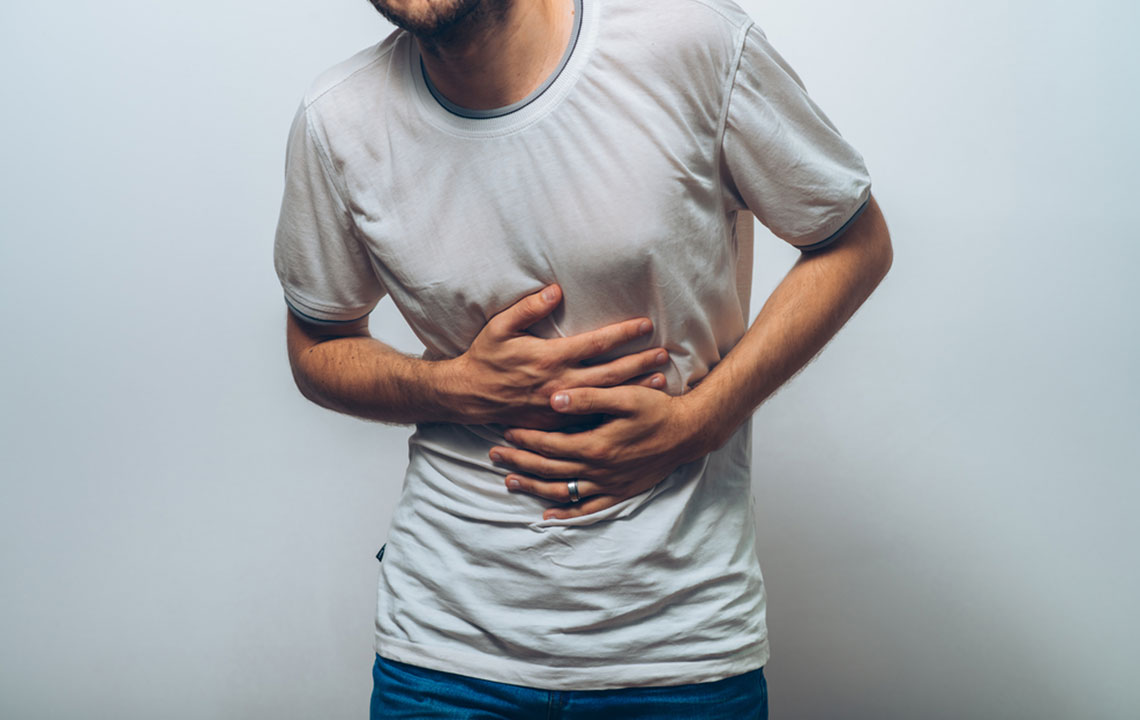Understanding and Managing Chronic Diarrhea
This article explores the causes, symptoms, and treatment options for chronic diarrhea. It emphasizes lifestyle modifications, dietary strategies, and preventive tips to manage and reduce prolonged diarrhea effectively. Early Diagnosis and consultation with healthcare professionals are essential for optimal management and avoiding complications.

Understanding and Managing Chronic Diarrhea
Chronic diarrhea affects many individuals and is characterized by persistently loose or watery stools lasting extended periods, typically over four weeks. While short-term diarrhea often resolves on its own, ongoing diarrhea can lead to serious health issues if left untreated. Recognizing the underlying causes and exploring effective treatment options is essential for proper management. This article outlines common causes and practical approaches to treat and prevent chronic diarrhea, enhancing overall digestive health.
Common Causes of Long-Term Diarrhea
Excessive Alcohol and Caffeine Intake
Consuming high quantities of alcohol and caffeinated beverages like coffee or cola can disrupt digestive functions, leading to chronic diarrhea. Moderation or abstaining from these substances may alleviate symptoms.
High Sugar Consumption
An excess intake of sugary foods and artificial sweeteners such as lactose, fructose, mannitol, and sorbitol can trigger prolonged diarrhea. Monitoring sugar intake is recommended to manage symptoms effectively.
Medication Side Effects
Certain drugs, especially chemotherapy medications and antibiotics, may cause persistent diarrhea as a side effect. If symptoms occur after medication use, consult your healthcare provider promptly.
Celiac Disease
Individuals with celiac disease often experience ongoing diarrhea due to intestinal damage caused by gluten intolerance. Symptoms persist for several weeks and require medical diagnosis and management.
Food Allergies
Allergic reactions to specific foods can induce sudden watery stools, sometimes with blood, lasting less than a day. Accompanying symptoms may include swelling and skin reactions, indicating the need for dietary adjustments.
Lactose Intolerance and Enzyme Deficiencies
Insufficient digestive enzymes result in poor breakdown of certain foods, causing diarrhea, mucus, and gas within hours of ingestion. Identifying food triggers helps in managing this condition.
Treatment Strategies for Chronic Diarrhea
Effective management depends on identifying and addressing the root cause. Medical treatment, dietary modifications, and lifestyle changes play crucial roles in alleviating symptoms and preventing recurrence.
Diet and Lifestyle Modifications
Adopting a suitable diet is vital. Focus on low-fiber foods, drinking adequate fluids, avoiding overeating, and limiting alcohol consumption. Tracking foods that trigger symptoms can help refine your diet.
Consume easily digestible, low-fiber foods
Maintain proper hydration with water and non-irritating fluids
Eat in moderation to prevent digestive overload
Limit or avoid alcohol intake
Home Remedies and Supportive Measures
For antibiotic-induced diarrhea, consider probiotics like yogurt. Consult your doctor for personalized advice and alternative treatments if necessary.
Prevention Tips for Chronic Diarrhea
Ensure water is properly filtered before drinking
Cook meat thoroughly to eliminate bacteria
Maintain cleanliness of kitchen surfaces
Wash fruits and vegetables thoroughly
While occasional diarrhea may not be concerning, persistent cases warrant prompt medical consultation to prevent complications.
Note:
The information presented aims to educate readers about chronic diarrhea, emphasizing prevention and management. While research-based, it should not replace professional medical advice. Always consult a healthcare provider for diagnosis and treatment tailored to your specific condition.










